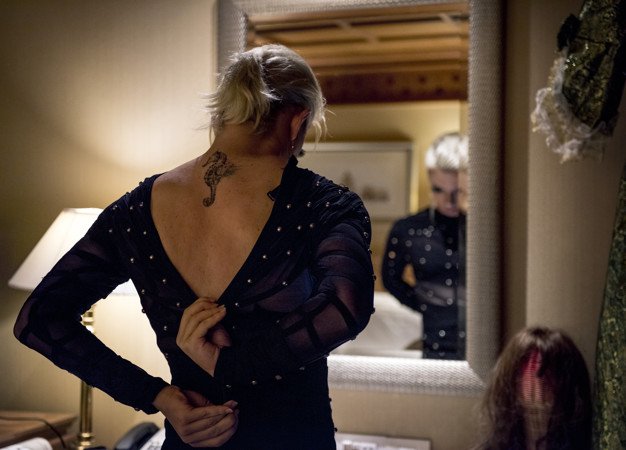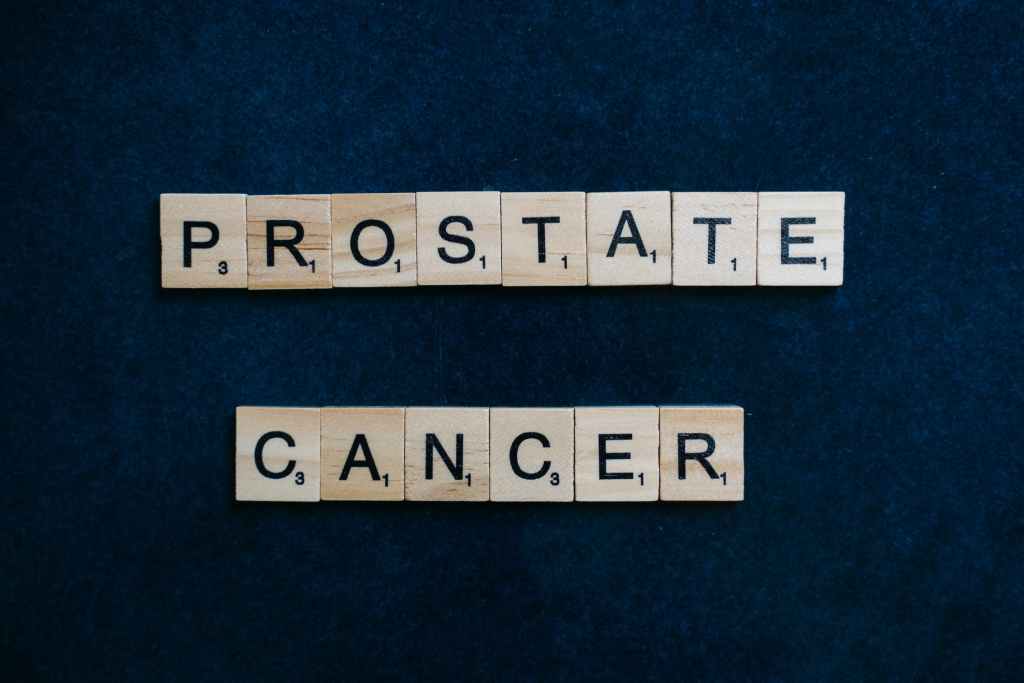The term “toxic masculinity” was mostly used in the past in academic gender studies courses but has become more widely used over the last decade. It refers to what might have been historically called “machismo” for example. Toxic masculinity is a set of attitudes and behaviours which cause harm to both women and men and is associated with wider harm and criminality in society.
According to psychotherapist Noel McDermott, there are certain core behaviours and attitudes that can be summarized as the following: the use of violence and control, adherence to gender normative and highly restrictive attitudes towards sexuality and social roles, rejection of emotional intelligence and expressing feelings except for anger, and the projection of power. These behaviours and attitudes are often associated with individuals who exhibit abusive tendencies, particularly in intimate relationships.
McDermott’s analysis highlights the importance of identifying and addressing these harmful behaviours in order to promote healthy and respectful relationships. By recognising and challenging these attitudes and behaviours, individuals can work towards building more positive and equitable relationships based on mutual respect and trust.
What is toxic masculinity?
The term toxic masculinity has come to describe behaviours and attitudes associated with a form of masculinity that has in effect not grown with the times and where ideas of power, dominance and control sit at the centre of relationships with others.
McDermott explained: “Men who avoid showing emotions are damaging their own mental health and in turn, this can have major consequences for themselves, their relationships and society as a whole. Toxic masculinity hurts everyone, including the men who ascribe to it and the boys who are taught it. Our boys are at risk of worse mental health, criminal justice and general life outcomes due to this unhealthy masculinity and we need to address it urgently”.
Signs of toxic masculinity:
- Lack of empathy and emotion
- Isolation
- Chauvinism
- Aggression, both sexually and in day-to-day situations
- Strong sense of self-sufficiency and not needing anyone else
- Need to dominate or control conversations and situations.
The rigid and narrow definition of manliness in toxic masculinity is damaging to the psyche of the men who adopt it. In less may be extreme examples, we can look at social media platforms and sexual and violent misogynist postings towards women who speak out against injustice, online abuse by unwanted sexual images, use of revenge sexual images and videos on sex sites etc. In its extreme form, we see examples of harmful masculinity in the Incel movement of men who are adopting extreme attitudes toward women and organising into effectively domestic terrorist cells to attack the feminine.
The normalisation of toxic masculinity
The development of these behaviours and attitudes in online spaces and the lack of legal restraints on behaviour that in real life (such as flashing) would lead to arrest has normalised this toxicity. The online spaces in particular have been prey to people such as Andrew Tate who had many young men followers believing and supporting his extremely unhealthy masculinity. For many young men consent in sex online or in the real world has been lost almost completely with extreme attitudes to being a dom, or daddy etc. These are some of the more extreme elements and anti-women and anti-social aspects of harmful masculinity but don’t look at the harm to men themselves and the risks our boys face with modelling from men such as Tate.
Tragic outcomes of harmful masculinity
It’s well known that men make up 75% of suicides and there is a gender split when it comes to severe mental health problems with men being disproportionately represented. Also, men face much higher levels of criminal prosecution for crimes of violence and sexual offences and all these outcomes have been clearly linked to harmful masculinity. The emphasis on denying distress in masculinity and refusal to seek help but to deal with distress as weakness and use anger and aggression clearly lead to violent and criminal acting out. The same is true of hyper heterosexuality seeing control and dominance as essential in sexual acts leads directly to sexual offending.




























